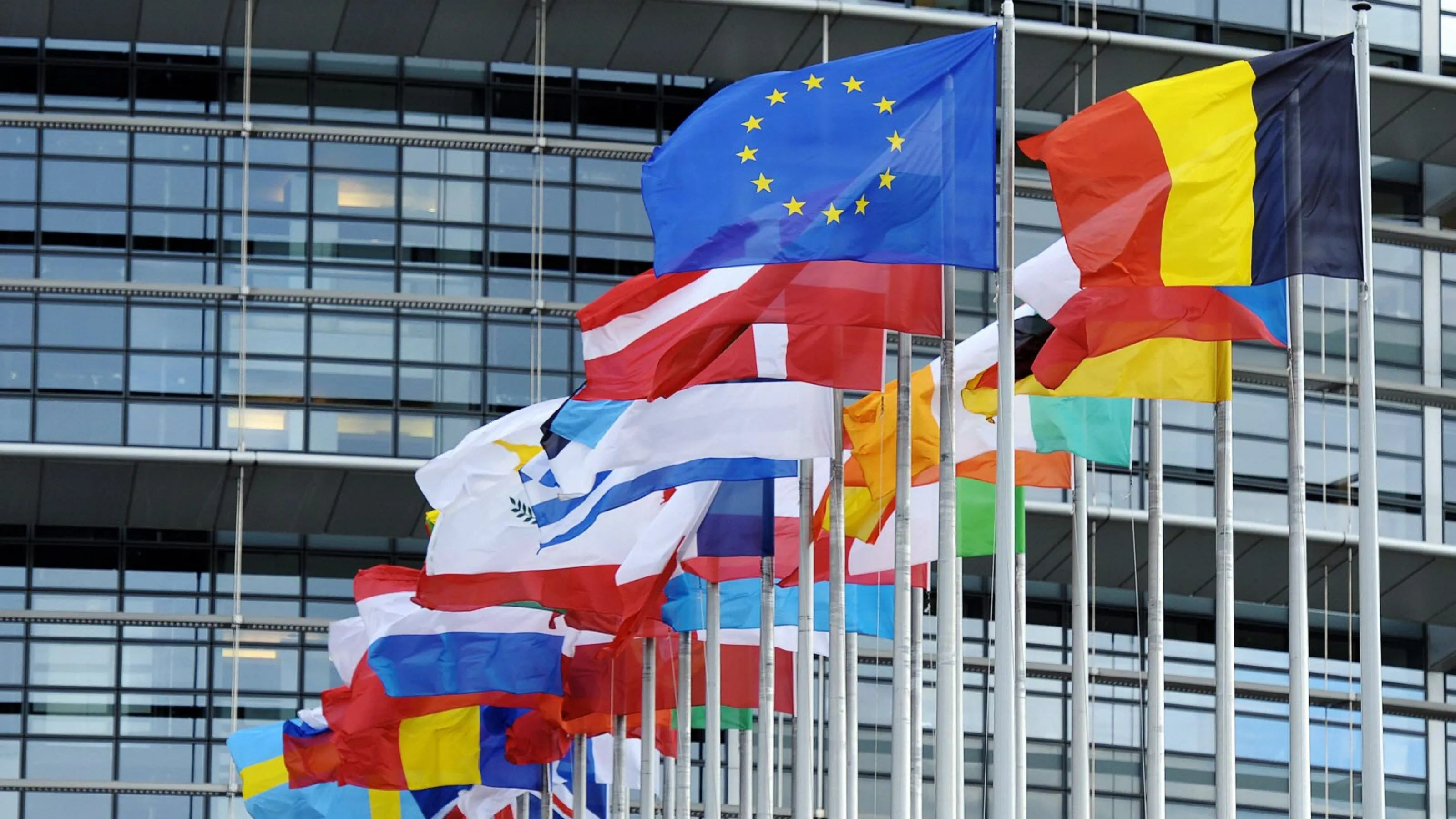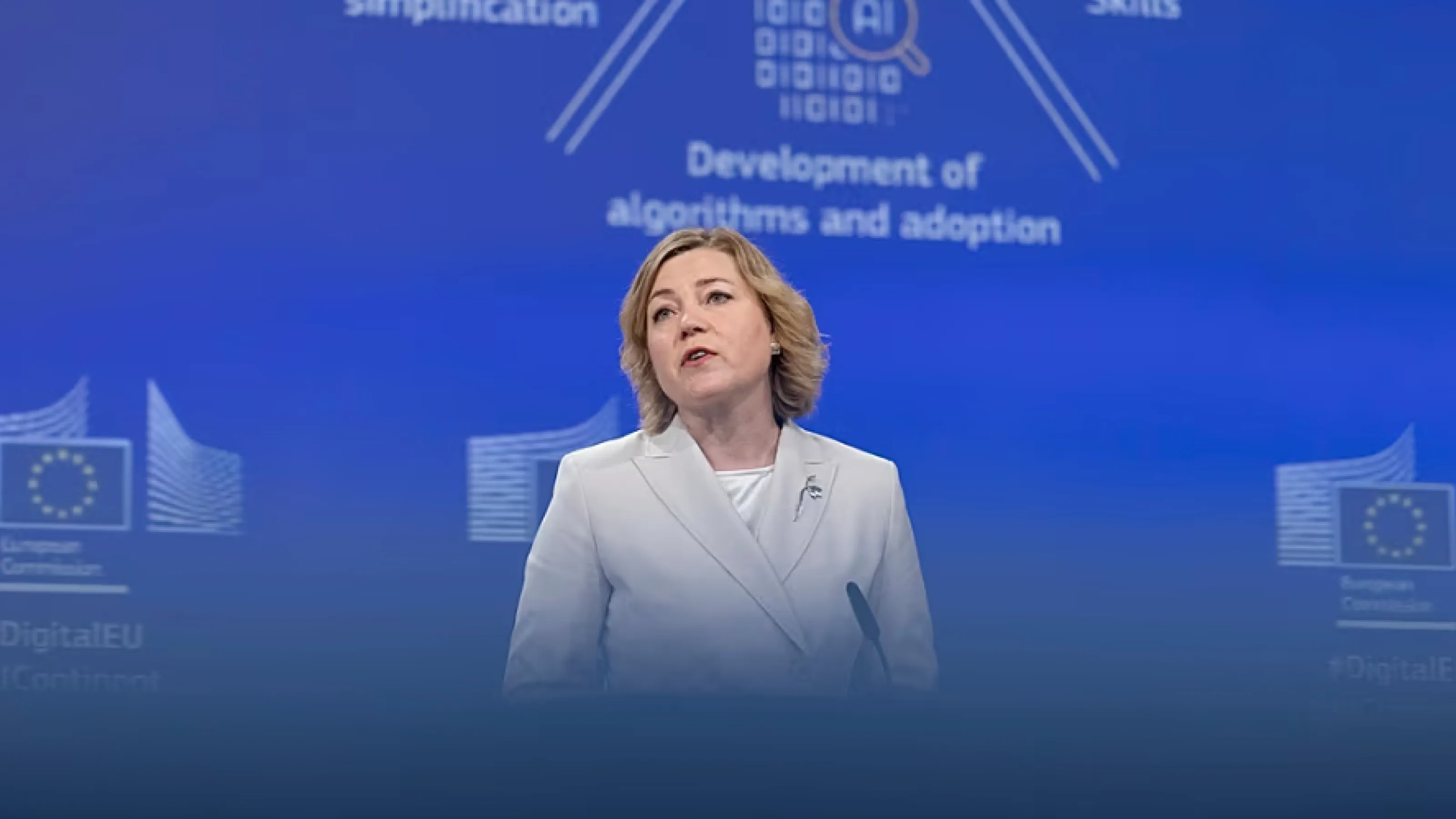Actualités
OpEd / Euractiv I Empowering European digital leaders: after regulation, let's quickly promote innovation!

Published on the Euractiv website on July 7, 2022
As MEPs approved the final agreement on the Digital Markets Act (DMA) in Strasbourg, it is vital to go further and help European digital champions emerge. This is why we are defending the implementation of a "Buy European Tech Act" in order to make Europe a real digital power.
Europe’s landmark digital regulation has laid the groundwork in record time for a new framework that will hold digital giants accountable and limit their monopoly position by dusting off competition law. After the General Data Protection Regulation (GDPR), the European Union is once again asserting itself as a normative power with the adoption of an unprecedented regulatory arsenal that lays down new obligations in terms of content management and competition: the Digital Services Act (DSA) and the Digital Markets Act (DMA). According to the first regulation, everything that is illegal offline will also be illegal online. With the second, we are giving breathing room to businesses by ensuring a level playing field. Another major achievement is the regulation on foreign subsidies, which will put an end to distortions of competition caused by state aid granted by foreign powers to companies operating within our single market.
These new requirements, which provide a safer Internet for users and a more level playing field for businesses, express the uniqueness of our European model: one that is based on economic freedom and social justice. Our social market economy requires legislators to correct market failures and give companies the same opportunities to prosper, while always making sure to protect consumers.
However, to build concrete digital leadership in Europe, we must do more than just rebalancing power relations and limiting the power of digital giants. We must also be proactive and give ourselves the means to achieve our ambitions by creating an ecosystem that encourages innovation, and that is capable of competing with the sector's mammoths. This requires massive public and private investment in the digital economy, progress in the union of capital markets, a softening and harmonisation of rules, the strengthening of strategic industrial sectors, and a clear preference for European solutions.
On this last point, let us remember that our Chinese, American or Israeli competitors do not hesitate to reserve a part of their public contracts for their own companies. One only has to look at the "Buy American Act", created during the Great Depression and still in force 90 years later, or at China, that does not hesitate to brandish the national preference card when it comes to defending their own interests. This is why, in the revision of our competition rules, it is imperative to move forward on the issue of public procurement, which – by constituting more than 14% of European GDP – represents a major lever for innovation and autonomy. In this context, now may be a great time to start considering a "Buy European Tech Act”. Europe has major well-established companies as well as increasingly mature, emerging and successful technology unicorns, capable of offering solutions and services on par with foreign competitors. 283 start-ups are now valued at over $1 billion, 10 times more than in 2014. They all need to be able to rely on public contracts to assert international leadership. Subsidies should no longer be the only tool to stimulate innovation in Europe.
This is not a protectionist approach. The objective is not to totally exclude foreign suppliers, but to encourage public purchasers to legally give preference to European technology, when an equivalent offer in terms of price, quality and performance exists. A "Buy European Technology Act" could extend differential treatment for third country operators, as is already the case in some key sectors, such as energy or defence. We need to extend this approach to other strategic areas such as 5G, artificial intelligence, cyber security or cloud computing. Our European leaders must seriously consider renegotiating the agreements signed on behalf of the EU at the World Trade Organization (WTO).
In recent times, the European Union has proven its ability to act quickly and strongly. When facing the pandemic, the EU has shown its capacity to produce millions of vaccines in record time. To limit the economic impact and help finance the post-coronavirus recovery, it made the historic decision to contract a common debt. In fighting global warming, the EU has adopted the Green Deal, its most ambitious plan yet that will transform our economy and societies for our continent to achieve climate neutrality by 2050. In response to the Ukrainian crisis, the EU has adopted a firm stance to force Vladimir Putin to lay down his arms, and has taken a major step towards the creation of a European Defence community.
The European Union is now taking its technological destiny back into its own hands, but we need to be realistic about moving forward. This is the only way we will succeed in building a true strategic autonomy alongside European digital and industrial sovereignty.
Signatories:
- Stéphanie Yon-Courtin, MEP Renew Europe, Vice-Chair of the ECON committee, European Parliament
Federations: Bas Beekman, Director, StartupAmsterdam
- Jan Bormans, CEO, European Startup Network
Francesco Cerruti, Director General, Italian Tech Alliance Gianmarco Carnovale, Chairman, Roma Startup - Godefroy De Bentzmann and Pierre-Marie Lehucher, Co-Chairs, Numeum
Jean-Noël De Galzain, Founder and President & Dorothée Decrop, General Delegate, Hexatrust
Esther Mac Namara, Déléguée Executive, Cap Digital - Christian Miele, Chairman, the German Startup Association
- Maya Noël, Managing Director, France Digitale
- Clark Parsons, Managing Director, Internet Economy Foundation
- Marta Pawlak, Head of Public Policy, Startup Poland Open Internet Project
- Johann Svane, Head of Policy, Danish Entrepreneurs
- Dominique Tessier, Head of Cybersecurity Focus group, European Champions Alliance
- Guillaume Tissier, Co-organizer, International Cybersecurity Forum
Companies:
- Jean-Julien Alvado, Kamel Ferchouche, Alexandre Aufrere, EverTrust
- Jean-Pierre Barré, Sales Director France, Wallix Group
- Arthur Bataille, CEO, Pr0ph3cy
- Paul-Emmanuel Bidault, Co-Founder, Dastra
- Stéphane Blanc, Chairman, Antemeta
- Murielle Bochaton, Sales Director, Nameshield Olivier Bourgeois, Digital Communication Manager, Arcad Software
- Cyril Bras, Cybersecurity Director, Whaller
- Jean-Michel Brossard, CEO, Moabi
- Vincent Cardon, President, Tranquil IT
- Laurent Cayatte, President, Metsys
- Guillaume Champeau, Chief Legal and Public Affairs, Clever Cloud
- David Chassan, Chief Strategy Officer, 3DS Outscale
- Chloé Clair, CEO, namR
- Fabrice Clerc, CEO, 6cure
- Luc D’Urso, Founder and CEO, Atempo
- Philippe Dann, Head of Risk & Business Advisory, EBRC
- Ronan David, Chief Marketing & Strategy Officer, Efficientip
- Ludovic De Carcouet, CEO, Digitemis
- Jean-Noël De Galzain, CEO, Wallix Group
- Jacques De La Rivière, CEO, Gatewatcher
- Stanislas De Remur, CEO, Oodrive
- Stéphane De Saint Albin, Directeur général, Ubika
- Fabrice Derepas, Co- Founder & CEO, Trustinsoft
- Olivier Dion, CEO, Onecub
- Faiz Djellouli, CEO & Co-Founder, Holiseum
- Xavier Facélina, CEO, SECLAB
- Thomas Fauré, Founder & CEO, Whaller
- Ludovic Foreau, CEO, Satelliz
- Alexandre Fretti, Managing Director, Malt
- Alain Garnier, CEO, Jamespot Michel
- Gérard, President, Conscio Technologies
- Renaud Ghia, CEO, Tixeo
- Florian Giraud, Chief of Staff, Luko
- Cyril Guillet, Founder, AugmentedCISO
- Nicolas Helenon, Associate Director, NeoTech Assurances
- Mathieu Isaia, General Manager, TheGreenBow
- Estelle Joly, COO, CyberVadis
- Yassir Kazar, Founder & CEO, Yogosha
- Thomas Kerjean, CEO, Mailinblack
- Yann Klis, Co-Founder and President, Scalingo
- Laurent Lafaye, Tocco Fabrice, co-CEOs, Dawex
- Yann Lechelle, CEO, Scaleway
- Guillaume Loth Demay, President, Equisign
- Georges Lotigier, CEO, Vade Secure
- Ricardo Marvão, Co-founder & Head of Global Growth, Beta-i Collaborative Innovation
- Bertrand Mathieu, Sangani Florent, Founders & CEOs, Vetted
- Olivier Morel, General Manager, Ilex International
- Didier Moscatelli, CEO, Neocase Software
- Wolfgang Oels, COO, Ecosia
- Michel Paulin, CEO, OVHcloud
- Olivier Perroquin, President, inWebo Group
- Bernard Peultier, COO & VP Innovation, Nextino
- Éléna Poincet, Co-founder and CEO, TEHTRIS
- Arno Pons, Director, Digital New Deal
- Clément Saad, Founder & CEO, Pradeo
- Guetat Tarek, Business Development Manager Security, Schneider Electric
- Alexandre Souillé, President, Olfeo
- Franck Tricot, VP Strategic Partnerships, Synapse Medicine
- Ana Cristina Țoncu, Cofounder & Managing Partner, Techcelerator *Hexagon Venture srl
- Guillaume Vassault-Houtière, CEO and co-founder, YesWeHack
- Damien Vignault, CEO, Scalair
 Stéphanie Yon-Courtin
Stéphanie Yon-Courtin


